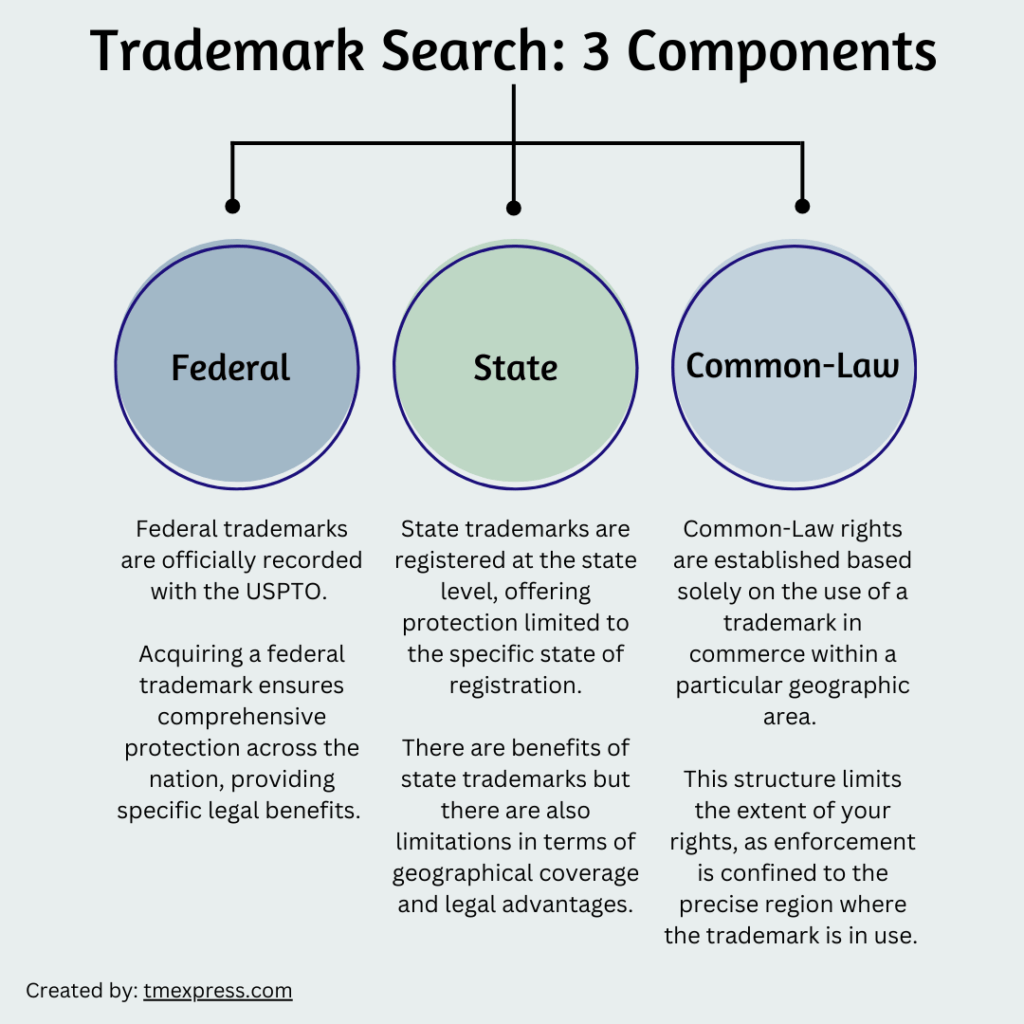What’s in a Professional Trademark Search Report?
If you’re preparing to trademark a business name, product, or logo, one of the most important steps is ordering a professional trademark search report. But what exactly is this report—and why is it such a crucial part of the trademark process? Here’s what to expect, what it includes, and how it helps you make smarter trademark decisions.
What Is a Professional Trademark Search Report?
A professional trademark search report is a comprehensive analysis of existing trademarks and potential conflicts that could prevent your name from being registered or protected. Unlike a quick online search or free database tool, this type of report is created by experts who understand trademarks, classification, and how the U.S. Patent and Trademark Office (USPTO) evaluates applications.
The purpose is to uncover risks before you file—so you can avoid rejection, rebranding, or legal trouble down the road.
What’s included in a Professional Trademark Search Report?
A professional trademark search report is built on two key components: where the search is conducted and what types of conflicts are identified.
Databases Searched in a Professional Report
A key part of a professional trademark search report is the range of databases searched. To uncover potential conflicts, the report pulls from:

- Federal trademarks filed with the USPTO
- State trademarks for all 50 states
- Common law sources, including business names, domain names, product listings, and social media handles
Many conflicts don’t show up in the USPTO database alone. For example, a small business using your desired name locally—without federal registration—can still have legal rights. That’s why professional searches go beyond federal records and include sources the USPTO won’t check during examination.
Types of Conflicts in a Professional Trademark Search Report
A thorough trademark search report doesn’t stop at exact matches. It highlights any marks that could trigger a “likelihood of confusion” refusal by the USPTO—or a legal challenge from another brand. That includes:

- Phonetically similar names (e.g., “Zimply” vs. “Simply”)
- Visually similar marks (e.g., “Xact” vs. “Exactt”)
- Common misspellings or alternate spellings
- Names used in related industries or trademark classes
- Unregistered (common law) uses that still have legal rights
Why does this matter? Because trademark law is based on confusion, not identicality. You could be blocked by a name that sounds similar or shows up in a related industry—even if it’s spelled differently. A professional search filters for these conflicts so you can clearly assess your risks before you apply.
Professional Trademark Search Deliverables
The professional trademark search deliverables you receive typically include a detailed report of all relevant search findings, often organized by trademark class and/or goods/services and type of similarity. It may also contain:
- Status updates (active, dead, pending)
- Filing and registration numbers
- Owner information
- Goods and services descriptions
- Search strategy and classification details
- Optional expert commentary or risk notes
The best reports are easy to read—even if you’ve never seen a trademark report before. They include these details so you can see exactly who might be using a similar name, what they’re using it for, and whether it’s still active. That context matters when you’re deciding if your name is safe to move forward with—or if it’s time to pivot.
Why “Irrelevant” Results Are Actually Relevant
One feature of a comprehensive trademark search report is that it may include results that seem irrelevant at first glance.
This isn’t a mistake—it’s intentional.
Trademarks are evaluated based on how they sound, how they look, what they mean, and how they’re used. A business in a different field, with a slightly different spelling, could still present a legal conflict if the names are confusingly similar.

For example, a children’s toy company named “Twinkee” might run into issues with a snack brand called “Twinkie.” Different industries, yes—but the names are similar enough to raise questions about consumer confusion. Including these kinds of borderline results is a hallmark of a quality, cautious search. It ensures you’re seeing the full picture before moving forward.
How a Professional Search Saves Time, Money, & Headaches
Filing a trademark application without a professional search is a risky gamble. A rejection or opposition can cost you months of time, hundreds in fees, and lead to expensive legal disputes—or force you to rebrand, losing customer trust and brand equity. A professional trademark search helps you avoid these pitfalls, saving you time, money, and frustration in the long run.
Once you’ve reviewed your search report, you’ll be in a better position to make informed decisions. If the name is clear, you can proceed with confidence; if risks are flagged, you can adjust or choose a new name. Working with a trademark expert ensures you’re making smart, strategic choices—not guessing your way through the process.
Final Thoughts
A professional trademark search report isn’t just a technical document—it’s your best protection against trademark trouble. It shows you what’s already out there, what conflicts might arise, and how to avoid costly mistakes.
Need help with your trademark search or have questions about your report? TradeMark Express offers expert, personalized trademark services to help you move forward with confidence. Reach out today to learn more.
